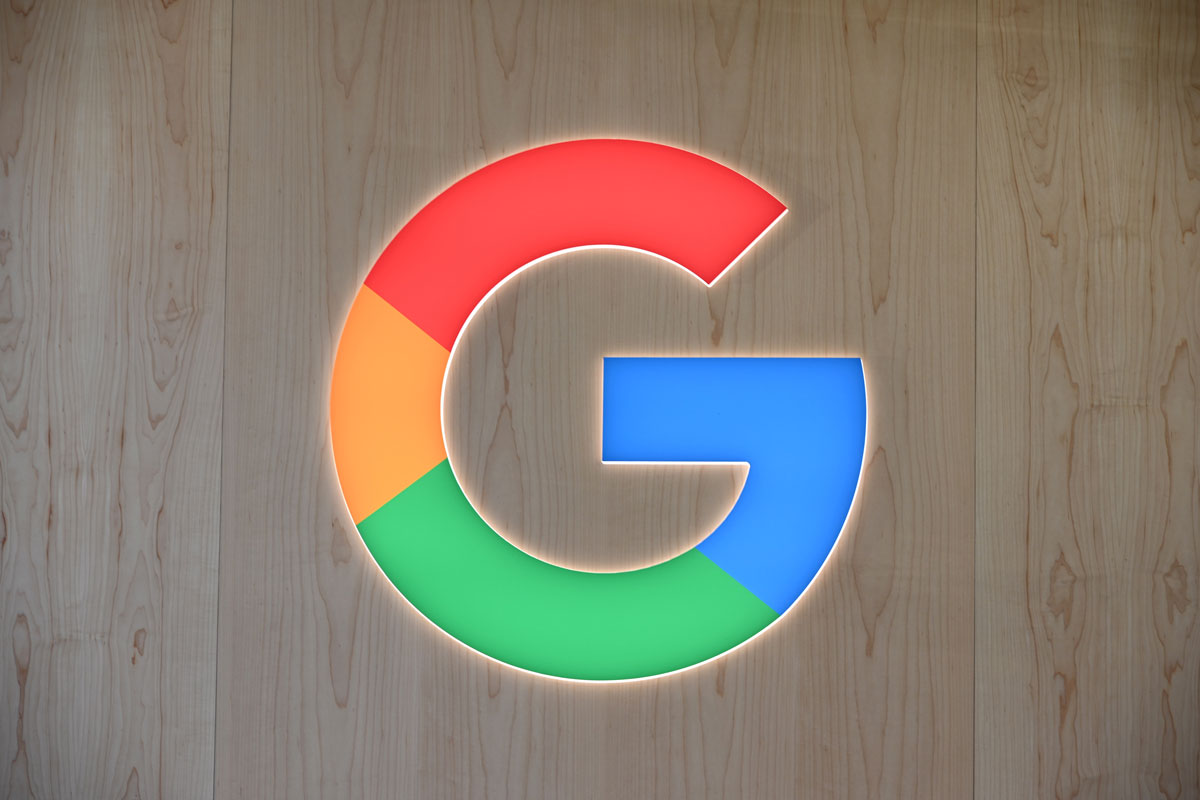Google DeepMind scientists among 2024 Chemistry Nobel winners
Two Google DeepMind scientists Demis Hassabis and John M. Jumper, along with Washington University Professor David Baker, on Wednesday won the 2024 Nobel Prize in Chemistry.
Many users think that once they are logged into Internet via Incognito Mode, their search history isn’t being tracked.

Google also violated a California law that requires the consent of all parties to read or learn the contents of private communication, alleged the lawsuit. (Photo: AFP)
Google is facing a $5 billion class-action lawsuit in the US over claims that the internet search engine giant is illegally invading the privacy of millions of users by pervasively tracking their internet use through browsers set in “private” mode.
The class-action lawsuit, filed in US District Court for the Northern District of California seeks at least 4 billion pounds, accusing the Alphabet Inc unit of surreptitiously collecting information about what people view online and where they browse, despite their using what Google calls Incognito mode.
Google also violated a California law that requires the consent of all parties to read or learn the contents of private communication, alleged the lawsuit.
Advertisement
“Google tracks and collects consumer browsing history and other web activity data no matter what safeguards consumers undertake to protect their data privacy,” the complaints said in their suit seeking compensatory damages.
The lawsuit is aiming to utilize the Federal Wiretap Act that provides users with the right to sue if their private communications are intercepted. It seeks at least $5,000 of damages per user for violations of California privacy laws.
A Google spokesperson denied the claim. “We strongly dispute these claims, and we will defend ourselves vigorously against them,” a Google spokesperson was quoted as saying.
“Incognito mode in Chrome gives you the choice to browse the internet without your activity being saved to your browser or device. As we clearly state each time you open a new incognito tab, websites might be able to collect information about your browsing activity during your session,” the company spokesperson added.
Many users think that once they are logged into Internet via Incognito Mode, their search history isn’t being tracked.
Incognito mode within Google’s Chrome browser gives users the choice to search the internet without their activity being saved to the browser or device.
Boies Schiller & Flexner represents the plaintiffs Chasom Brown, Maria Nguyen and William Byatt.
Advertisement